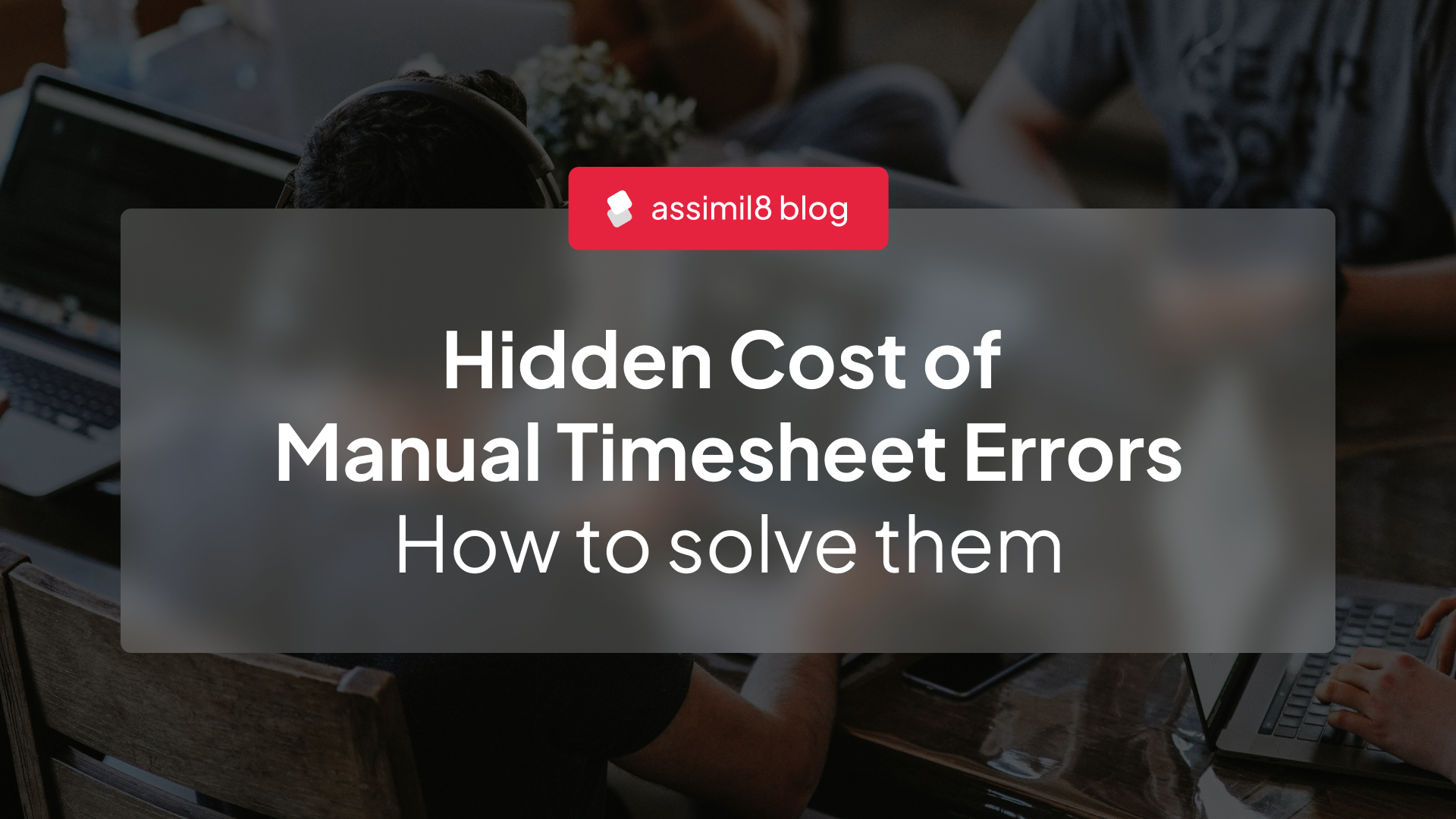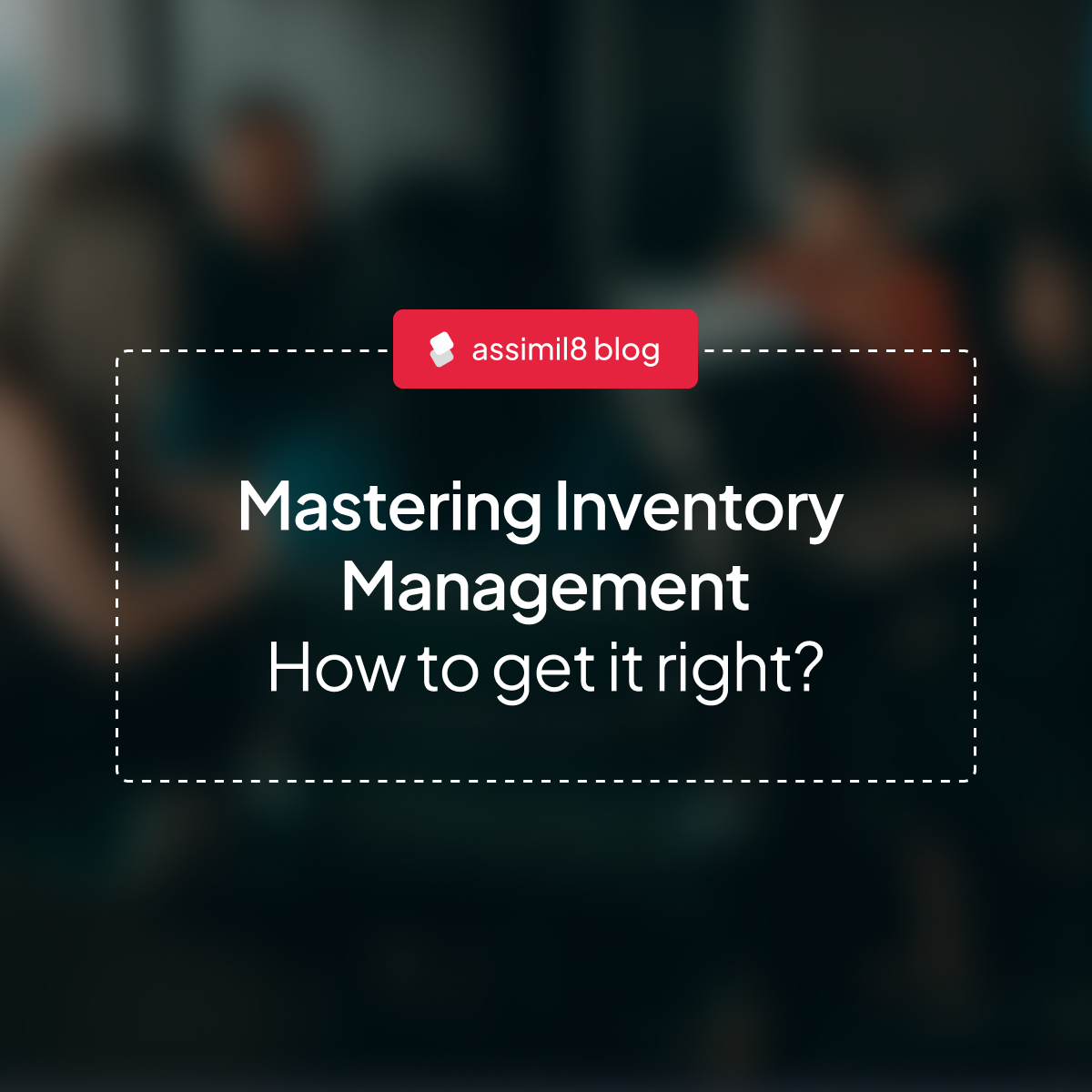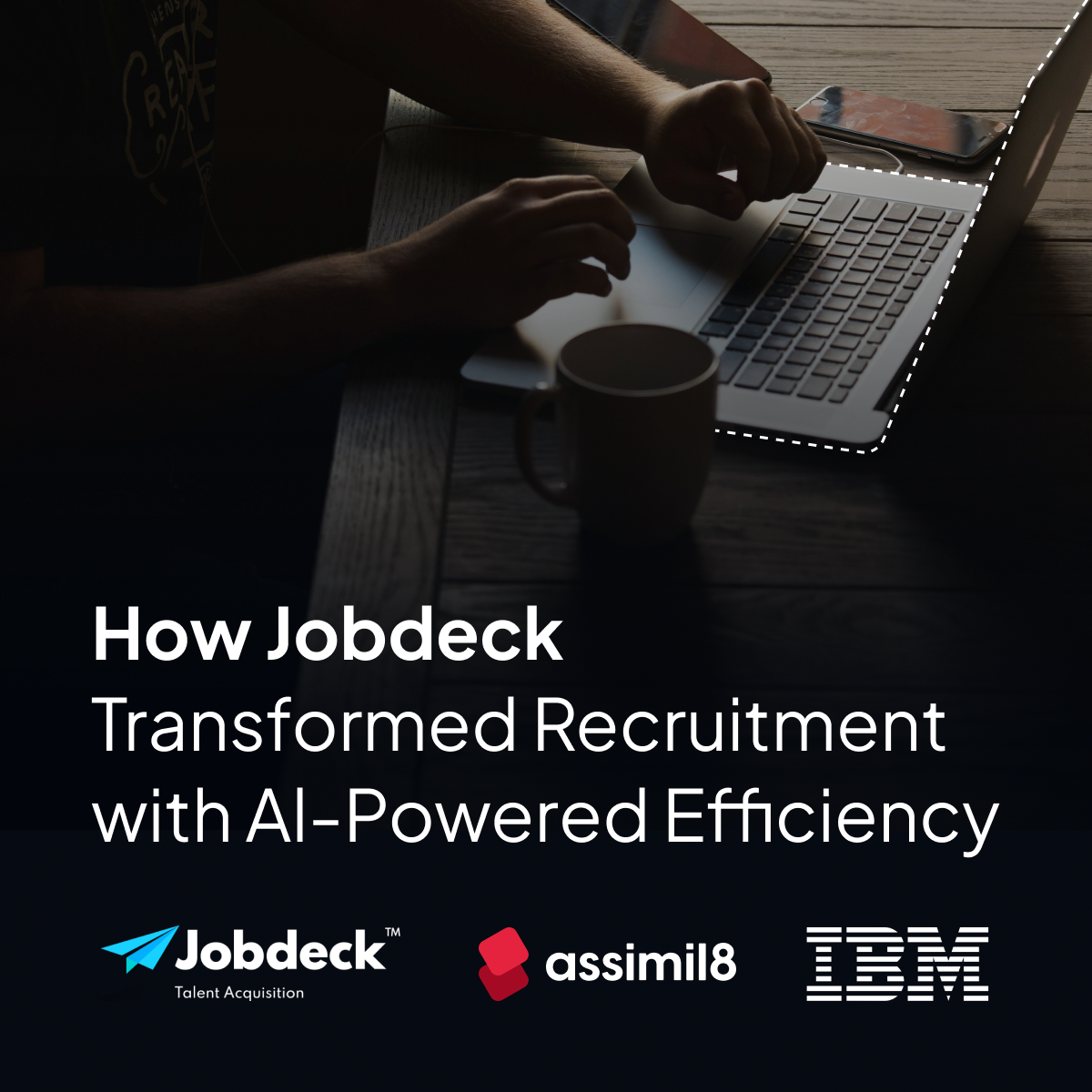Data Consultancy refers to the professional service provided by data experts who assist businesses in making informed decisions based on data analysis.
To help others better understand data consultancy and all it offers, we have created a comprehensive glossary of terms and concepts related to this field.
Understanding data consultancy requires a grasp of several key concepts, including data analysis, modelling, visualisation, and data governance. Each of these elements plays a crucial role in data consultancy, contributing to the overall objective of helping businesses leverage data for their benefit.
Concept of Data Analysis
Data analysis inspects, cleans, transforms, and models data to discover useful information, draw conclusions, and support decision-making. It involves various techniques and methodologies to interpret data from various sources in different formats, all aiming to establish patterns and trends and extract valuable insights.
Effective data analysis can lead to more informed decision-making, better customer service, improved operational efficiency, and increased competitive advantage. It's the cornerstone of data consultancy, providing the raw material from which data consultants can craft their strategies and recommendations.
Types of Data Analysis
There are several types of data analysis, each suited to different types of data and different business goals. Descriptive analysis focuses on understanding past events, while diagnostic analysis seeks to understand why those events happened. On the other hand, predictive analysis attempts to forecast future events based on past data, and prescriptive analysis recommends actions for optimal outcomes.
Each type of data analysis requires different techniques and tools, and a good data consultant will be adept at choosing the right approach for each situation. Understanding the different types of data analysis is key to understanding the role of a data consultant.
Steps in Data Analysis
Data analysis is not a one-step process. It involves several stages, each crucial to the overall outcome. The process begins with data collection and cleaning to remove errors and inconsistencies. Next is data transformation, where data is converted into a suitable format for analysis. The data is then analysed and interpreted, and the results are presented comprehensively.
Each step in the data analysis process requires a specific skill set and understanding. Data consultants must be proficient in all these stages to provide effective data consultancy services.
Data Modelling
Data modelling is the process of creating a conceptual model for data to be stored in a database. This model represents the data objects, the associations between different data objects, and the rules. Data modelling helps visually represent data and enforces business rules, regulatory compliances, and government policies on the data.
Data models ensure consistency in naming conventions, default values, semantics, and security while ensuring data quality. The data model should be detailed enough to be used for building the physical database. The information contained in the data model can be used to define the relational tables, primary and secondary keys, stored procedures, and triggers.
Types of Data Models
There are three types of data models: conceptual, logical, and physical. The conceptual model defines
WHAT the system contains. This could be a complete system or only a part of it. Business stakeholders and data architects typically create this model. The purpose is to organise, scope and define business concepts and rules.
The logical model defines
HOW the system should be implemented regardless of the DBMS. Business analysts and data architects typically create this model. The purpose is to develop a technical map of rules and data structures. The physical model describes
HOW the system will be implemented using a specific DBMS system. Database administrators typically create this model.
Importance of Data Modelling
Data modelling is a crucial step in the process of data consultancy. It helps in understanding the data, its inter-relationships, and rules. It also helps in documenting data mappings during the ETL process. It guides developers to write scripts, making it an essential part of any data consultancy project.
Moreover, data modelling helps standardise data, its meanings, and its relationships with other data. This standardisation is crucial when dealing with large amounts of data from various sources, as it helps maintain the data's consistency and integrity.
Data Visualisation
Data visualisation is the graphical representation of data and information. It uses statistical graphics, plots, information graphics and other tools to communicate information clearly and effectively. It's an important part of data consultancy because it helps users understand trends, outliers, and patterns in data.
Using visual elements like charts, graphs, and maps, data visualisation tools provide an accessible way to see and understand trends, outliers, and patterns in data. In the world of big data, data visualisation tools and technologies are essential to analysing massive amounts of information and making data-driven decisions.
Types of Data Visualisation
There are several types of data visualisation, each suited to different types of data and different business goals. Some common types include bar charts, pie charts, line graphs, scatter plots, heat maps, and geographic maps. Each type has strengths and weaknesses; a good data consultant will be adept at choosing the right visualisation for each situation.
For example, bar charts are great for comparing quantities of different categories, while line graphs are ideal for showing trends over time. Scatter plots show relationships between two variables, while heat maps are excellent for intuitively visualising complex data.
Importance of Data Visualisation
Data visualisation is a crucial part of data consultancy. It helps businesses understand their data better and make more informed decisions. Presenting data in a visual format makes it easier to identify patterns, trends, and outliers that might not be apparent in raw data.
Moreover, data visualisation can help communicate insights to stakeholders clearly and effectively. It's one thing to tell a business that their sales have increased over the past year, but it's another thing to show them a line graph that clearly illustrates this trend. This way, data visualisation can be a powerful tool for data consultants.
Data Governance
Data governance refers to the overall management of the availability, usability, integrity, and security of the data employed in an enterprise. It's a set of processes, roles, policies, standards, and metrics that ensure the effective and efficient use of information in enabling an organisation to achieve its goals.
It involves orchestrating people, processes, and technology to deliver trusted, consistent, and reusable data. Data governance also includes establishing methods to ensure effective data management and data quality. It's a crucial part of data consultancy, as it helps ensure the data used in the process is reliable and accurate.
Components of Data Governance
Data governance involves several components, including data stewardship, quality, lifecycle management, and privacy. Data stewardship involves managing an organisation's data assets, while data quality focuses on the data's accuracy, completeness, consistency, and reliability.
Data lifecycle management involves managing data flow throughout its lifecycle, from creation and initial storage to when it becomes obsolete and is deleted. Data privacy involves ensuring that the data is used and stored in a way that complies with relevant laws and regulations.
Importance of Data Governance
Data governance is a crucial part of data consultancy. It helps ensure that the data used in the consultancy process is reliable and accurate. Without effective data governance, the insights derived from data analysis could be misleading or incorrect, leading to poor business decisions.
Moreover, data governance helps ensure compliance with laws and regulations, which is especially important in industries like healthcare and finance, where data privacy is paramount. It also helps improve operational efficiency by reducing errors and improving data quality.
Data Consultancy Explained
Data consultancy is a complex field involving various concepts and processes. From data analysis and modelling to data visualisation and governance, each aspect plays a crucial role in helping businesses leverage their data effectively.
Understanding these concepts is key to understanding the role of a data consultant. Whether you're a business looking to hire a data consultant or a professional looking to enter the field, this glossary should serve as a comprehensive guide to the world of data consultancy.
assimil8 blog





We're an award-winning data consultancy firm. To put it simply, we love tech and data and think we could help do some amazing things with yours.
Like what you've seen?
Arrange a no-obligation call with our team to discuss how assimil8 can help your business unlock its potential with data.
All Rights Reserved | assimil8
Privacy | Terms | Disclaimer | Legal






